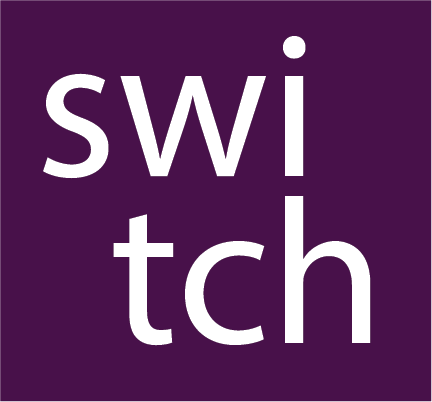I love HR assessments. They provide interesting insights to personalities, behaviors and skills. They make for interesting conversation around the water cooler or dinner table. But while lots of organizations run assessments, many of those same organizations are not using them.
Tell me if this sounds familiar: Organization XYZ decides it wants departments and employees to communicate better. Internal HR or an external consultant suggests an assessment; maybe DiSC, Myers-Briggs, PDI 360, or the like. So far, so good — we’re going to get some solid data. And indeed, some very interesting things are uncovered. We learn that Tina, the Director of Engineering, is an “Si” according to her DiSC assessment. Mark, the Director of Marketing, is a “D”. Two very different profiles, and consequently two very different ways of communicating, approaching challenges, and achieving success. Tina and Mark work together on a regular basis, and their communication isn’t always the best. With the layer of insight that is peeled back via the assessments, there is now a concrete starting point towards improving communication and creating positive change.
Sadly, is where this story takes a turn. Instead of seizing the opportunity to create open dialog driven by deep and empathetic understanding, Tina and Mark are simply given new letters or numbers to attach to their name and then left to fend for themselves. They throw their hands in the air, retreat into their “profile,” and say “it’s just the way I am.” Assessments become weaponized. “I’ll never be able to work with them, we’re too different”. Tools that were meant to open lines of communication instead confirm biases and cause people to dig in their heels and defend “their way”.
Where is the failure here? Is it in the assessment? Absolutely not. Assessments are an excellent discovery tool and in the hands of the right experts can be incredibly valuable. The failure happens immediately after the assessment if employees are left to navigate the results blindly. Sure, the DiSC profile provides a few sentences on how to understand other styles, but it doesn’t provide actual human insight. It doesn’t take into account that Tina and Mark are real people that are nuanced well beyond their identifying letters. There are organizations where employees include their assessment identifier in their email signature line, as if that is supposed to help the recipient decipher how best to respond. Do we really expect that to work?
What’s the solution? If you’ve been handed a treasure trove of data that can help uncover individual strengths, weaknesses, problem solving skills, methodologies, and communication style — use it for good! For example, are there people that work closely together but are very different in their assessment profiles? Help them understand each other. Facilitate conversations between them that allow for empathetic listening. Empower them to work out tangible solutions to specific problems, together. Let them be the driving force behind finding their own solutions, developing ways to work together more effectively.
Engage quality coaching. It is paramount to success, and a good coach is worth their weight in gold. But here is a caveat: it is not enough to put coaching and programming in place around individuals, it also needs to be implemented around people, teams, and relationships. Again, we need to help real human beings better understand not only themselves, but the people around them.

